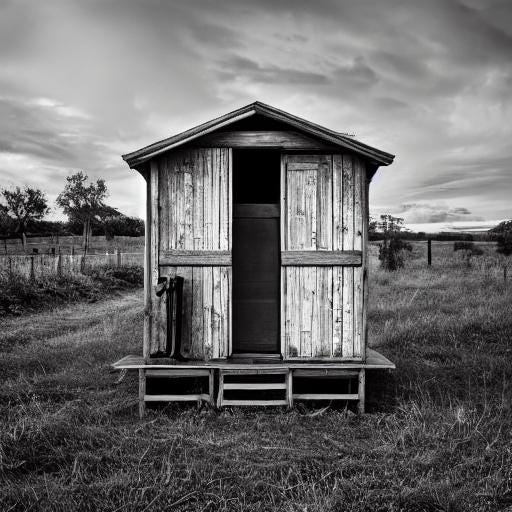Don't make yourself obsolete
By Jim LaJoie
There’s a guy I know who has struggled in the job market for nearly a decade now. It has increasingly become a problem as he has entered his early 60s (unfortunately, ageism is very real). He has worked in an industry that has experienced many technological changes, all of which this man has resisted. What has made his situation worse, in my opinion, is that not only has he been resistant to workplace changes, he also stubbornly refuses to see why changes were necessary in the first place. He always wants his employer, whoever it has been, to cling to old ways. That, of course, is something that few businesses will do, especially for one employee.
He was recently laid off. I do not wish that on anyone; working, especially for men, helps define you. It also, more importantly, is what gives you the financial means to exist. He said he was laid off with some vague explanation from his manager. He believes it was because management was going to replace him with someone younger and cheaper. If that was the reason, that is reprehensible, and I say that as someone with a management position who makes budgetary decisions daily. What I expect may have been the reason for his dismissal, or at least played a very big part in it, was his open hostility to change and adapting to new technology and processes. This is something that he has openly, repeatedly, admitted to me over the years. He has said that he prefers doing the job the way it was done when he first entered the industry back in the early 1980s. I am not someone who typically blames the victim, but it is easy to see how this man helped cause his own professional demise.
As the saying goes “change is constant.” Species adapt to changes in their environments or die. One theory for why Neanderthals became extinct is that modern humans were better at evolving. There are many examples throughout the history of this planet where those who did not evolve did not survive. That is still true today.
As someone in his mid-60s, the pace of technological change can seem to be overwhelming. However, I am committed to staying as current as I need to survive in today’s world, especially while still employed. Hate email? Try bringing in a typewriter, bang out a memo on paper, make copies and disseminate that around the office and see how people view you.
I’m not saying that jumping on every technology is needed to remain vital today. You can live a happy, full life without a streaming service. You could be completely satisfied without social media. If you enjoy listening to music on old vinyl records, you can do so, in fact, it would be seen by some as a cool hobby. Like vintage cars? Knock yourself out, no one is going to think less of you, there are even clubs across America you could join. In many other areas of life, however, you are either going to adapt to change or become increasingly irrelevant or even place yourself in a limiting, or worse, situation.
Change is difficult for all people, more so some than others. Some may have difficulty learning new things, especially involving technology. Others, however, just don’t want to learn new things. That unwillingness for me is unfathomable. We no longer use outhouses, and I have never heard anyone bemoaning indoor plumbing. No one is calling for going back to covered wagons, using leeches for medical purposes or using gas lanterns instead of electricity. I am sure, though, when those transitions occurred there were people resistant to them.
Fortunately, this guy got another job. He finally conceded he would be better off in another industry, one less driven by technology, even if it meant a lower salary. He seems happier now. I applaud him for recognizing his resistance to change had to come with some concessions. However, for his own good, I wish he had acknowledged change will come whether he wants it to or not. The key is to adapt, to remain relevant in today’s world, to not make yourself obsolete before your time.
About the author: Jim LaJoie is a resident of North Carolina, fleeing harsh New England winters about a dozen years ago. He has lived more decades than he cares to admit.





